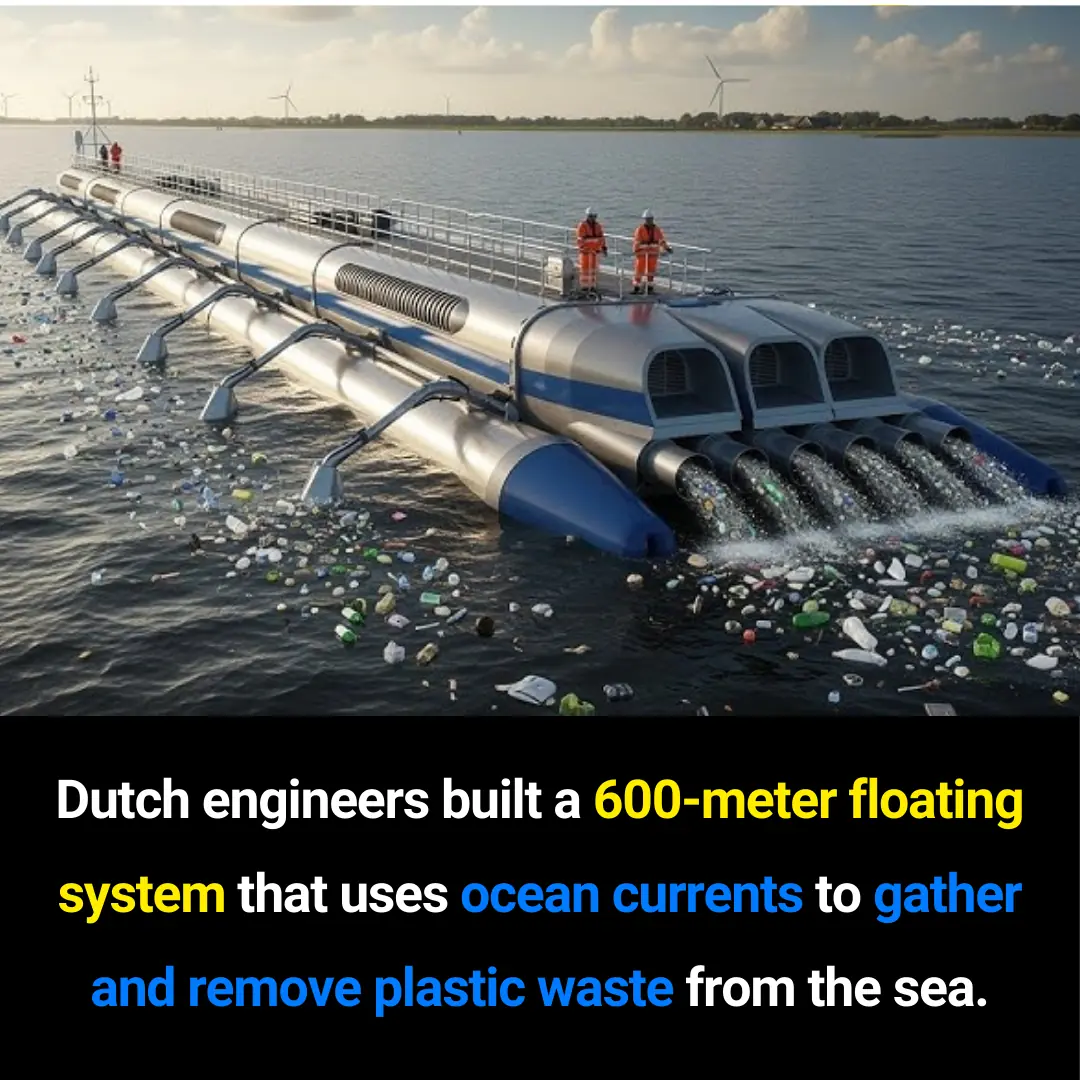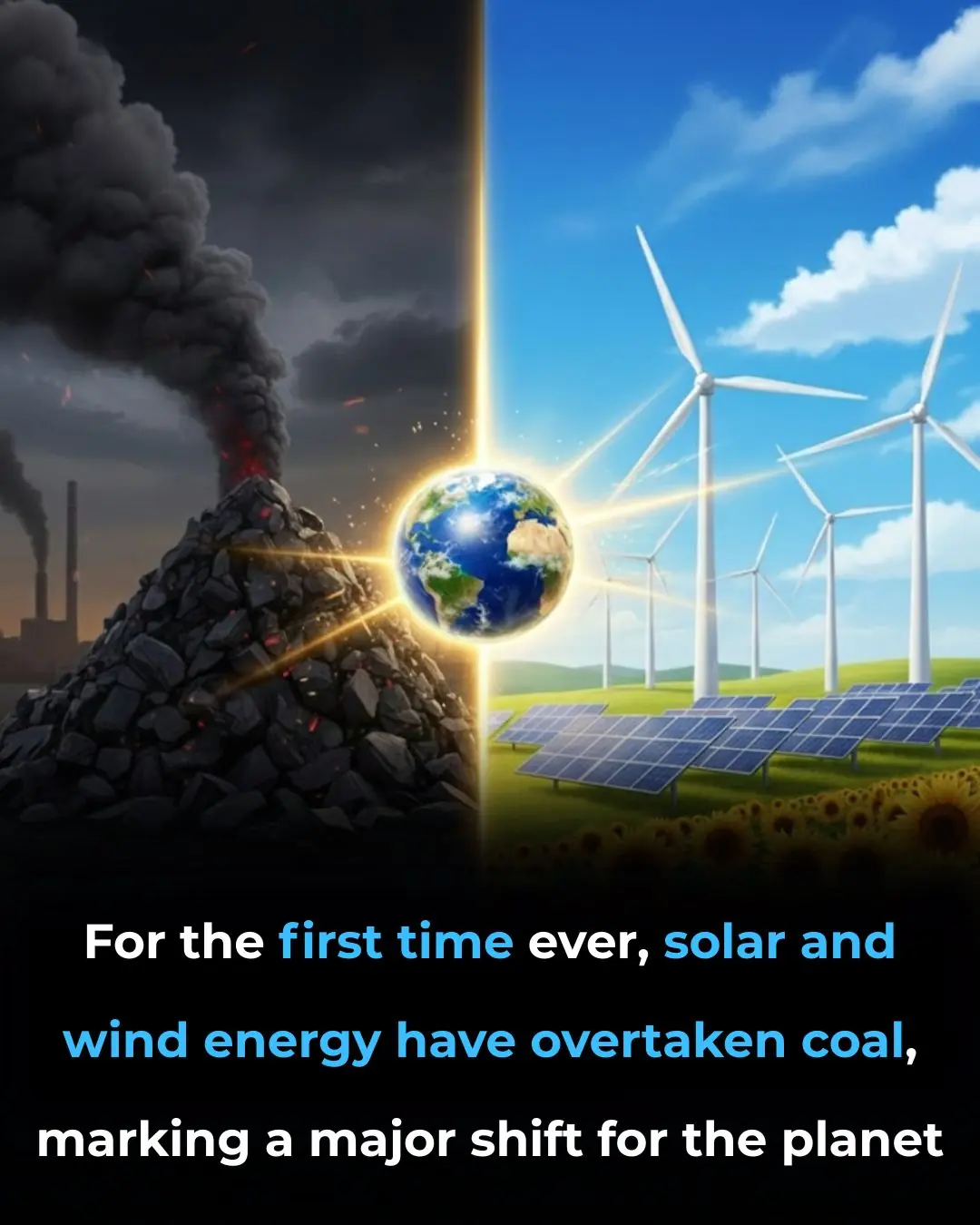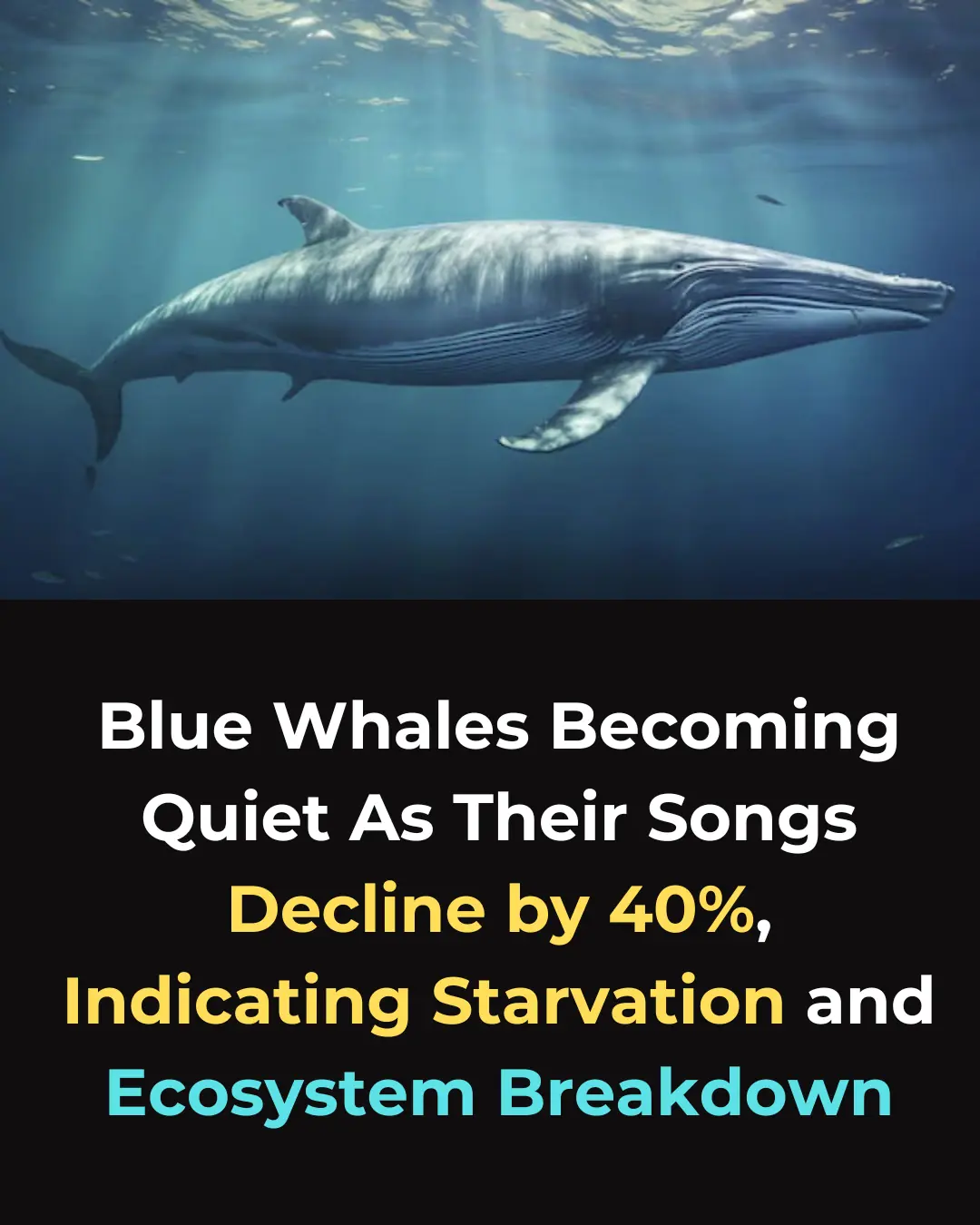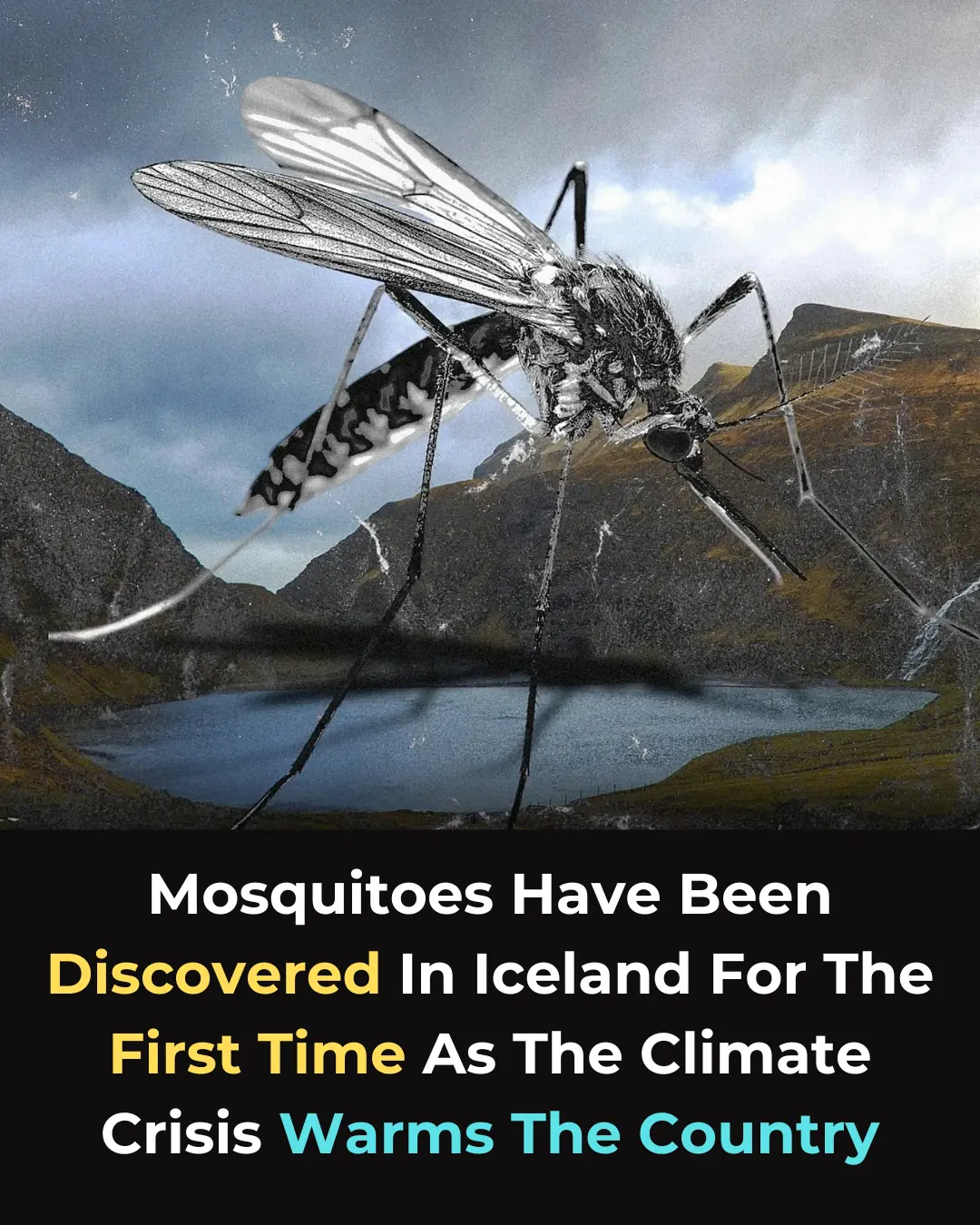
Renewable Energy Surpasses Coal as World's Largest Source of Electricity: A Historic Milestone for Humanity and the Planet

A Historic Milestone for Humanity — and the Planet
In 2024, renewable energy has officially surpassed coal as the largest source of electricity worldwide. For the first time in history, energy derived from sunlight and wind now powers more of our civilization than traditional fossil fuels.
This monumental shift marks the culmination of decades of sustained investment and technological advancement. Solar and wind farms, spread across deserts, coastlines, and even atop rooftops, have revolutionized the global energy grid. The transition from fossil fuels to renewable energy, once seen as a distant dream, has now become an established reality — a development that experts are calling “the tipping point of the century.”
The significance of this moment extends far beyond the realm of technological achievement. It represents a profound planetary transformation, a symbolic handover from the age of fossil fuels to the forces of nature. Where once we relied on coal, oil, and natural gas to fuel our homes, industries, and economies, we are now harnessing the power of the sun and wind. The era of smoke and carbon emissions is gradually fading, while the age of sunlight and clean energy is on the rise.
Experts from various sectors emphasize that this shift is not just about reducing the environmental damage caused by burning fossil fuels. It's also about creating a sustainable future where energy is abundant, clean, and increasingly affordable. According to the International Energy Agency (IEA), renewable energy sources accounted for nearly 40% of global electricity generation in 2023, and this number is expected to continue rising rapidly in the coming years, with wind and solar power leading the charge.
The expansion of renewable energy technologies has been driven by both market forces and governmental policies aimed at combating climate change. Countries around the world are accelerating the transition to cleaner energy through subsidies for green technologies, stricter emissions regulations, and investments in new infrastructure. As a result, solar panels and wind turbines are now commonplace, even in regions that were previously reliant on coal and other non-renewable energy sources.
The global shift towards renewables also represents a broader transformation in the way we view energy production and consumption. With growing concerns over climate change, energy security, and environmental sustainability, nations are increasingly recognizing the need to adopt cleaner, more resilient energy systems. This transition to renewable energy not only helps reduce greenhouse gas emissions but also fosters energy independence, especially for countries with abundant natural resources like sun and wind.
A key factor contributing to this success is the dramatic reduction in the cost of renewable energy technologies. Over the past decade, the cost of solar panels has fallen by more than 80%, and the cost of wind power has dropped significantly as well. This has made renewable energy more accessible to a broader range of nations and communities, making it possible for them to meet their energy needs without relying on imported fossil fuels.
This shift is also having a profound impact on the global economy. According to a report by the International Renewable Energy Agency (IRENA), the renewable energy sector employed nearly 13 million people worldwide in 2023, a number that is expected to grow substantially as the industry expands. In addition to creating jobs, the renewable energy boom is spurring innovation and investment, creating new opportunities in areas like energy storage, grid modernization, and electric transportation.
While challenges remain — including the need for better energy storage solutions, the upgrading of grid infrastructure, and addressing intermittency issues — the transition to renewable energy represents an essential step towards a sustainable future. What was once viewed as a daunting challenge has now become a defining achievement of our time.
In conclusion, the fact that renewable energy has overtaken coal as the world's largest source of electricity is a momentous occasion that signals a turning point in human history. This achievement is not only a testament to the progress we've made in energy technology but also a reflection of our collective commitment to building a more sustainable and resilient planet. As we continue to embrace the power of the sun and wind, we are shaping a future where our energy needs are met in harmony with the natural world. The age of fossil fuels is waning, and the age of renewable energy is well and truly here.
Sources:
-
International Energy Agency (IEA). “Renewable energy’s role in the electricity mix.”
-
International Renewable Energy Agency (IRENA). “Renewable Energy and Jobs – Annual Review 2023.”
-
World Economic Forum. “The future of renewable energy: A global perspective.”
News in the same category


✅ International Medical Recommendations for Treating Snakebites

🌟 Belgium’s 15-Year-Old Prodigy Earns a PhD in Quantum Physics — A Remarkable Journey of Genius and Innovation 🌟

Breakthrough Cell Transplant Restores Insulin Production, Offering New Hope for Diabetes Reversal

A Homeless Pup's Heartfelt Payment: A Story of Kindness and Unspoken Bonds

What You Do First in This Scenario

Revolutionary Alzheimer's Treatment: Sound Waves Used to Remove Brain Plaques and Restore Memory

From Space to Earth: The Science Behind Felix Baumgartner’s Record-Breaking Jump

Transforming Oil into Green Prosperity: The Success of Norway’s Sovereign Wealth Fund

Maximize Broccoli's Cancer-Fighting Power: The Simple Trick That Boosts Sulforaphane Formation

Hidden Fungi in Your Nose: A Surprising Cause of Allergies and Asthma

From Dialysis to Remission: How New Drugs Are Changing the Fight Against Chronic Kidney Disease

The Hidden Beauty of Grass: Discovering Smiling Faces Under the Microscope

The Quiet of Blue Whales: How Climate Change is Affecting Whale Behavior and Ecosystems

The Arrival of Mosquitoes in Iceland: A Sign of Shifting Ecosystems and Public Health Risks

PP405: A Promising New Drug That Could Revolutionize Hair Loss Treatment by Reactivating Dormant Hair Follicles

Astronomers Capture Groundbreaking Image of New Solar System Formation

Denmark's 'Rolling Grocer' Initiative Brings Fresh Food and Community Connection to Rural Seniors

Mosquitoes Discovered in Iceland for the First Time: A Warning of Climate Change Effects
News Post

What Is a Microwave Ring Cover? Why This Small Part Matters More Than You Think (SEO-Friendly Guide)

The Netherlands Builds a 600-Meter Floating System to Clean Ocean Plastic: A Breakthrough for Global Marine Protection

✅ International Medical Recommendations for Treating Snakebites

🌟 Belgium’s 15-Year-Old Prodigy Earns a PhD in Quantum Physics — A Remarkable Journey of Genius and Innovation 🌟

The Brain Actively Erases Short-Term Memories to Boost Efficiency

Betelgeuse Nears Its Final Stage: A Supernova That Could Be Visible in Daylight

Deadly Mistakes to Avoid When Showering With Hot Water in Winter

2 Pork Parts That Contain a High Amount of Risky Cells — Stop Eating Them Before It’s Too Late

3 types of vegetables you shouldn’t eat raw — no matter how tasty or nutritious — because they can silently damage the liver

More and more people are developing kidney failure, and doctors warn that four common drinks are the “silent culprits.” It’s time to cut back.

I Had No Clue About This! Such an Interesting Trick My Nana Swore By

My Nana Swears by This! Just 1 Thin Slice a Week — Your Orchids Will Explode with Growth

The Keyless Car Trend Everyone’s Talking About

Nana’s Timeless Trick for Bringing Jewelry Back to Life

Stem Cell Therapy Restores Insulin Production in Type 1 Diabetes Patients

China Launches Hanyuan‑1: World’s First Commercial Atomic Quantum Computer

Breakthrough Cell Transplant Restores Insulin Production, Offering New Hope for Diabetes Reversal

Keratin From Human Hair Could Revolutionize Tooth Enamel Repair
